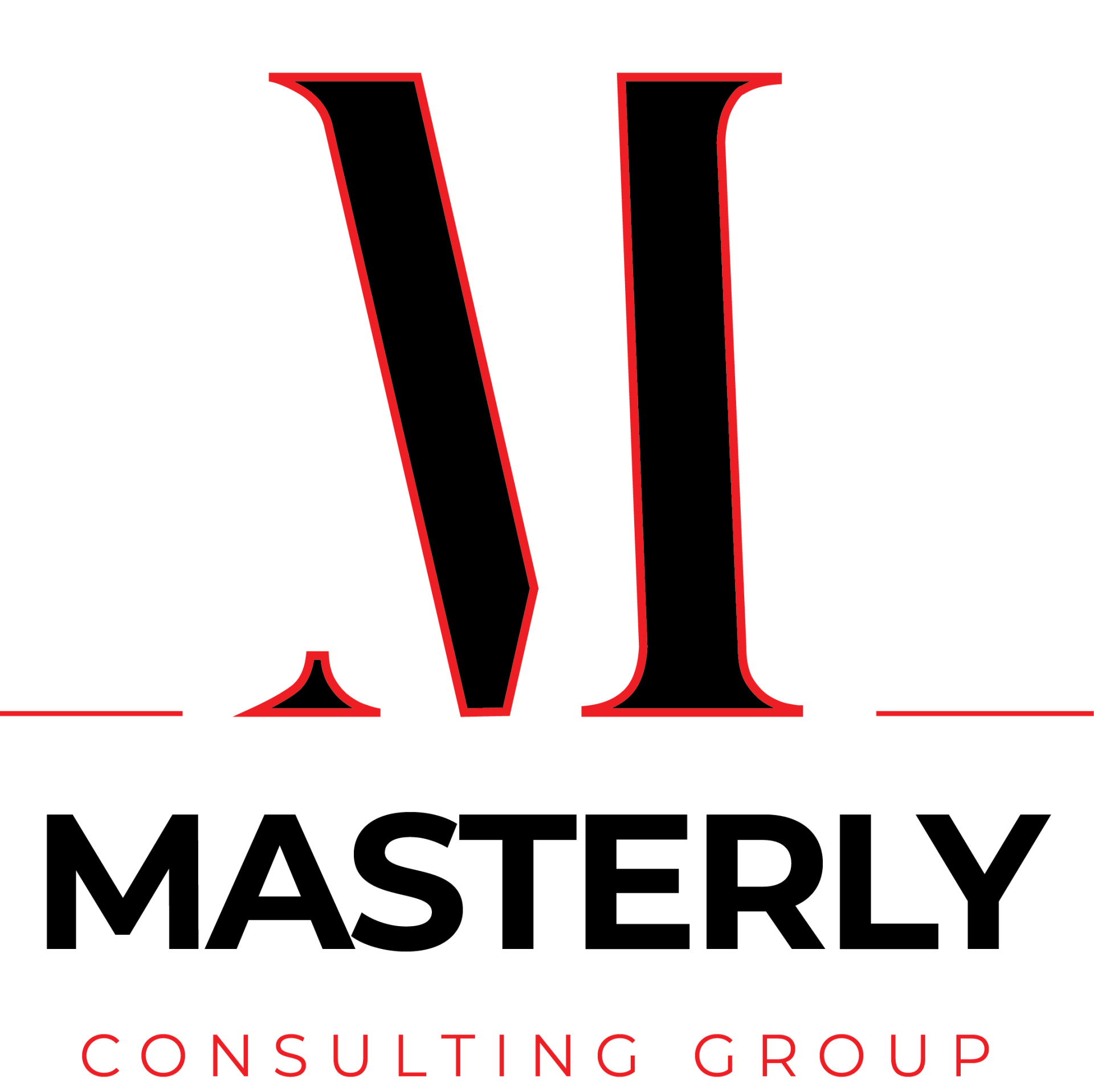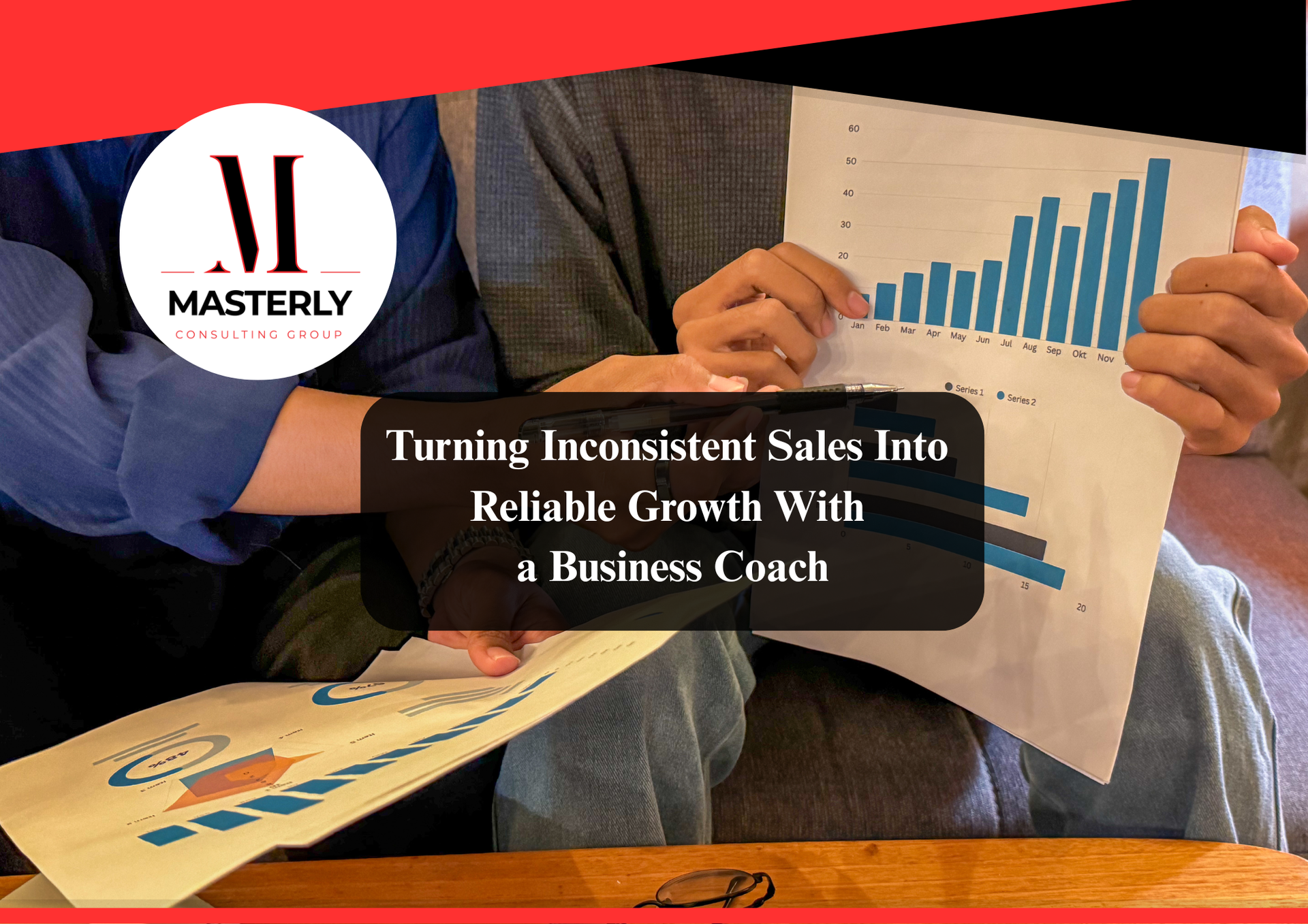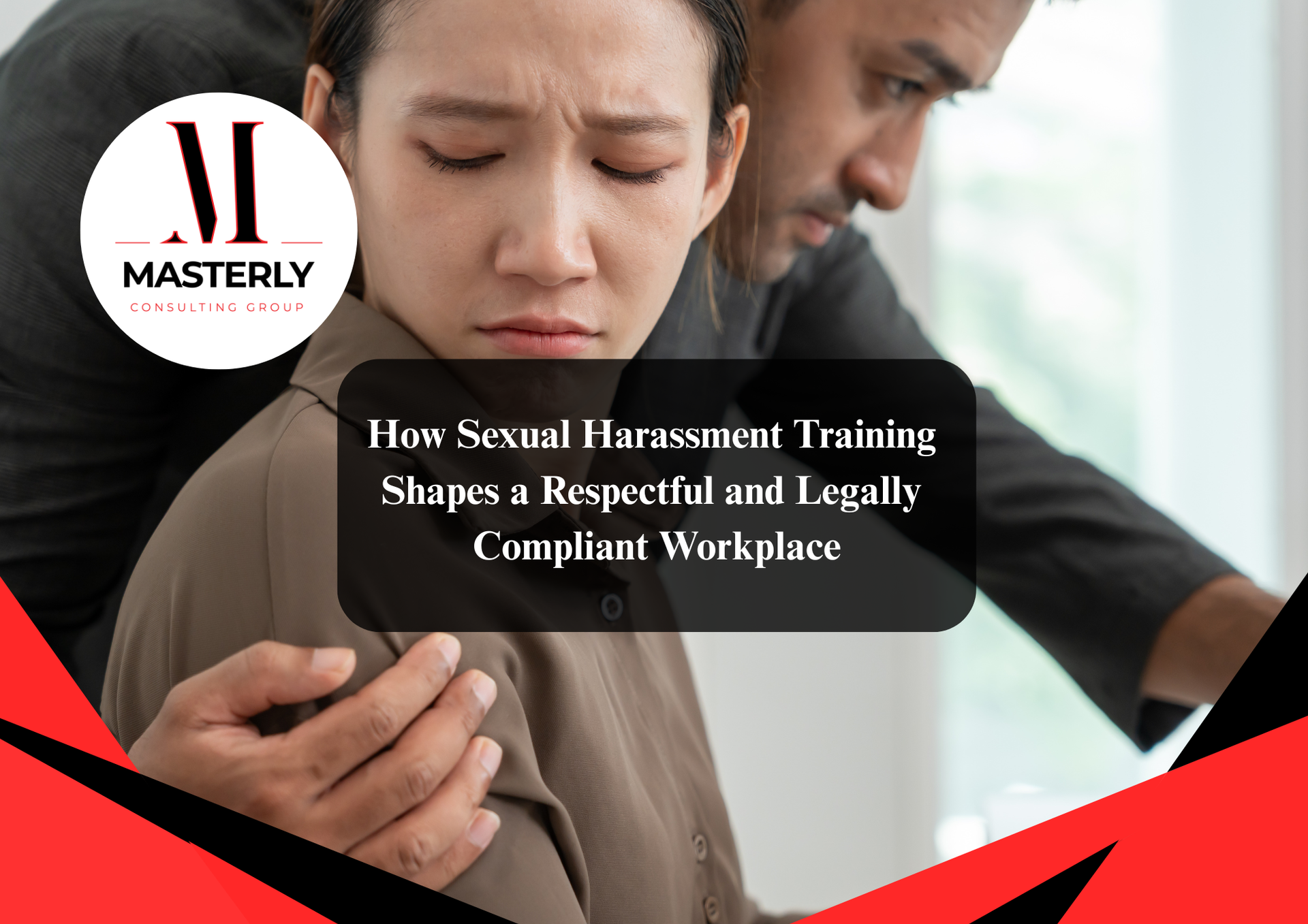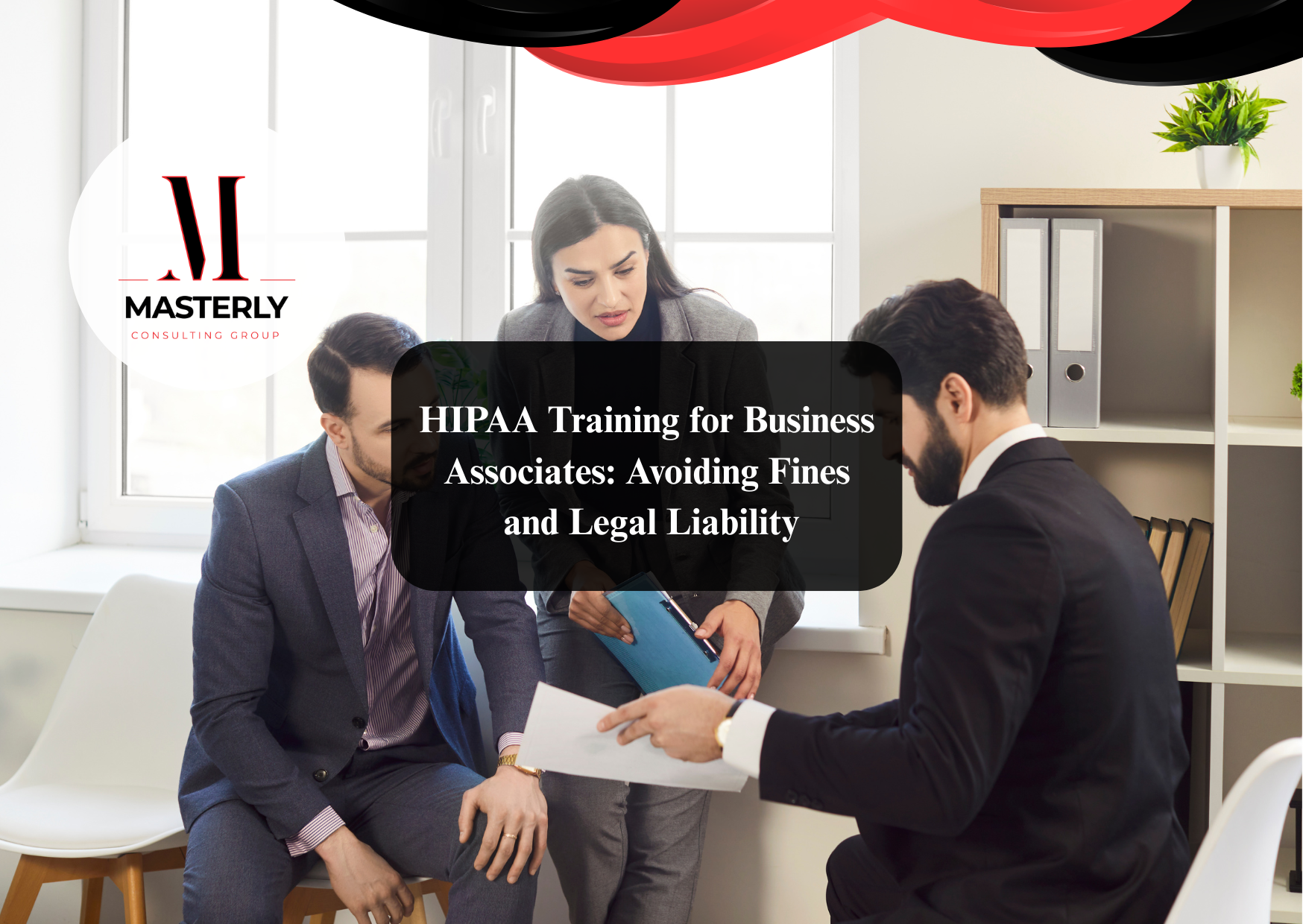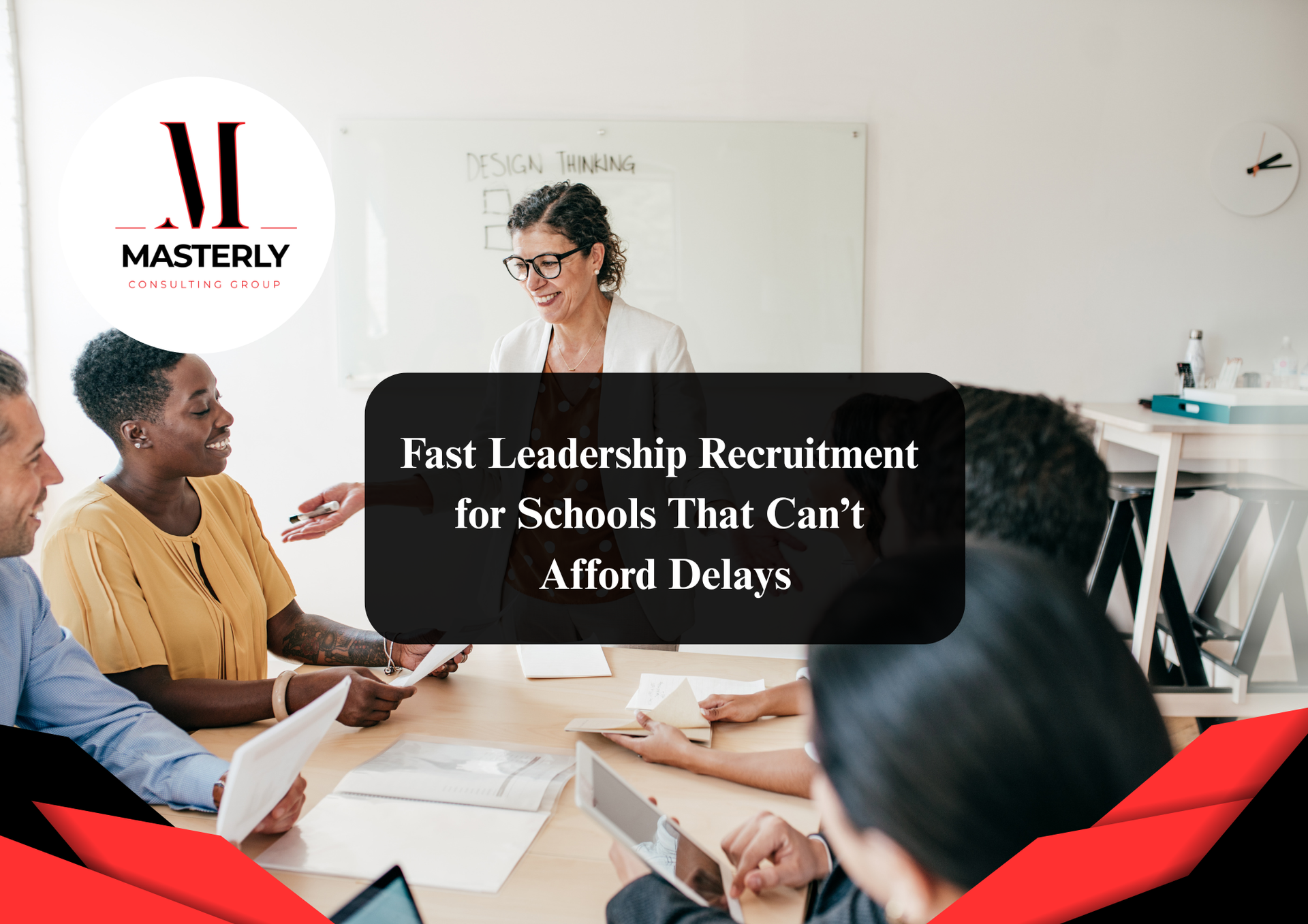Preparing Universities and Coaches for the New NIL Era
Understanding Name, Image, and Likeness (NIL) Rights and Their Impact on College Sports
The shift in Name, Image, and Likeness (NIL) rights has fundamentally changed the landscape of college sports. Since the landmark decision to allow student athletes to benefit from their personal brands, universities, coaches, and athletic programs have faced the task of adapting to this new reality. Understanding NIL rights and developing robust strategies for compliance and support is crucial for colleges, as athletes, particularly college athletes, now have opportunities to earn through endorsements, social media, and NIL deals.
For institutions, the responsibility goes beyond merely staying compliant with NCAA rules. It involves educating college coaches and athletes, creating effective policies, and ensuring that all NIL activities align with school and conference requirements.
The Importance of Comprehensive NIL Education for Coaches and Staff
In the new NIL era, college coaches play a pivotal role in guiding student athletes through the complexities of NIL opportunities. These opportunities bring not only potential financial benefits but also legal and branding challenges that athletes may not fully understand. Coaches and athletic staff must be equipped with a strong understanding of NIL laws to support athletes effectively. This support includes explaining how to maintain compliance with NCAA NIL rules and state laws.
Equipping coaches with NIL knowledge helps them prevent athletes from unintentionally violating NCAA rules or misinterpreting NIL guidelines. When coaches are informed, they can confidently advise on issues like personal brand management, contract negotiations, and understanding the legal considerations surrounding endorsements and partnerships.

Building Effective NIL Policies That Align with NCAA and School Requirements
With the rise of NIL, universities are tasked with creating policies that ensure NIL activities meet both NCAA rules and school-specific requirements. Policies should clearly outline permissible activities, help student athletes avoid prohibited actions, and safeguard the institution's values. For instance, a strong NIL policy should cover:
- Permitted and Prohibited NIL Activities: Define which NIL activities are allowed and outline any limitations specific to the institution.
- Disclosure Requirements: Explain how athletes should report NIL deals to the university’s compliance office.
- Conflict of Interest Guidelines: Ensure that athletes' endorsements do not conflict with the school’s partnerships or reputation.
By developing a comprehensive policy, schools set a clear framework for college athletes to pursue NIL opportunities while protecting the school’s interests.
Understanding the Role of NIL Compliance Offices
In the current NIL environment, having a dedicated compliance office is essential for any university. Compliance officers oversee NIL activities, monitor NCAA NIL rules, and support athletes with state law adherence. With the evolving NIL landscape, compliance offices play a crucial role in ensuring universities remain aligned with both state NIL laws and federal legislation on NIL.
These offices also handle the documentation and reporting processes necessary to maintain transparency and prevent issues related to NIL deals. Compliance offices are responsible for guiding athletes through NIL legal considerations and helping coaches keep up with new rules and policies.
Navigating State NIL Laws and Their Impact on NIL Policies
State NIL laws vary, adding complexity to the NIL landscape. Unlike NCAA interim policies, which provide a framework across the board, state laws may differ significantly, influencing how schools create and implement NIL policies. For universities that recruit athletes from multiple states, understanding the nuances of state law is crucial.
Ensuring compliance across multiple jurisdictions requires careful planning, particularly for individual colleges that operate under state-specific NIL rules. Working with a professional services provider can help universities interpret these laws accurately, protecting their athletes and the institution.

Legal Considerations for NIL Deals and Student Athletes
The legal aspects of NIL deals are essential for student athletes to understand, as they can have significant implications on contracts, payments, and endorsements. While NIL rights offer new revenue streams, they also come with legal obligations. Universities can support athletes by connecting them with professional service providers who can provide legal advice.
Key legal considerations include:
- Contract Terms: Ensuring athletes understand contract details, from payment terms to exclusivity clauses.
- Intellectual Property Rights: Protecting the athlete's and institution’s brands in NIL activities.
- Tax Implications: Helping athletes understand tax responsibilities related to their earnings.
By offering guidance on these legal considerations, universities can empower college athletes to make informed decisions about their NIL agreements.
The Role of Personal Branding in NIL Success
For student athletes, developing a personal brand has become an essential part of leveraging NIL opportunities. Effective personal branding can significantly impact an athlete's appeal to potential sponsors and influence their NIL earnings. Universities and coaches can play a key role in teaching athletes how to build a brand that aligns with their values and appeals to potential sponsors.
Athletes should consider the following when building their personal brand:
- Authenticity: Align their brand with personal values to attract meaningful partnerships.
- Consistency: Maintain a cohesive image across social media accounts, public appearances, and endorsements.
- Engagement: Use social media to connect with fans and expand their reach.
Personal branding helps athletes stand out and maximizes their NIL potential, ensuring they can attract valuable NIL deals that support their long-term goals.
Supporting High School Athletes for Future NIL Success
With NIL laws now affecting high school athletes in certain states, universities may also consider offering early guidance for prospective student athletes. Educating high school athletes on NIL rights and branding helps them enter college with a foundational understanding, ready to maximize NIL opportunities responsibly.
High school athletes, their parents, and their coaches need to understand:
- Eligibility Rules: Complying with high school and college NIL rules to maintain eligibility.
- Branding Basics: Learning the fundamentals of personal branding early on.
- NIL Laws by State: Understanding how state-specific NIL laws may impact their future.
Supporting high school athletes with NIL education can also position a university as a supportive choice, attracting top talent.
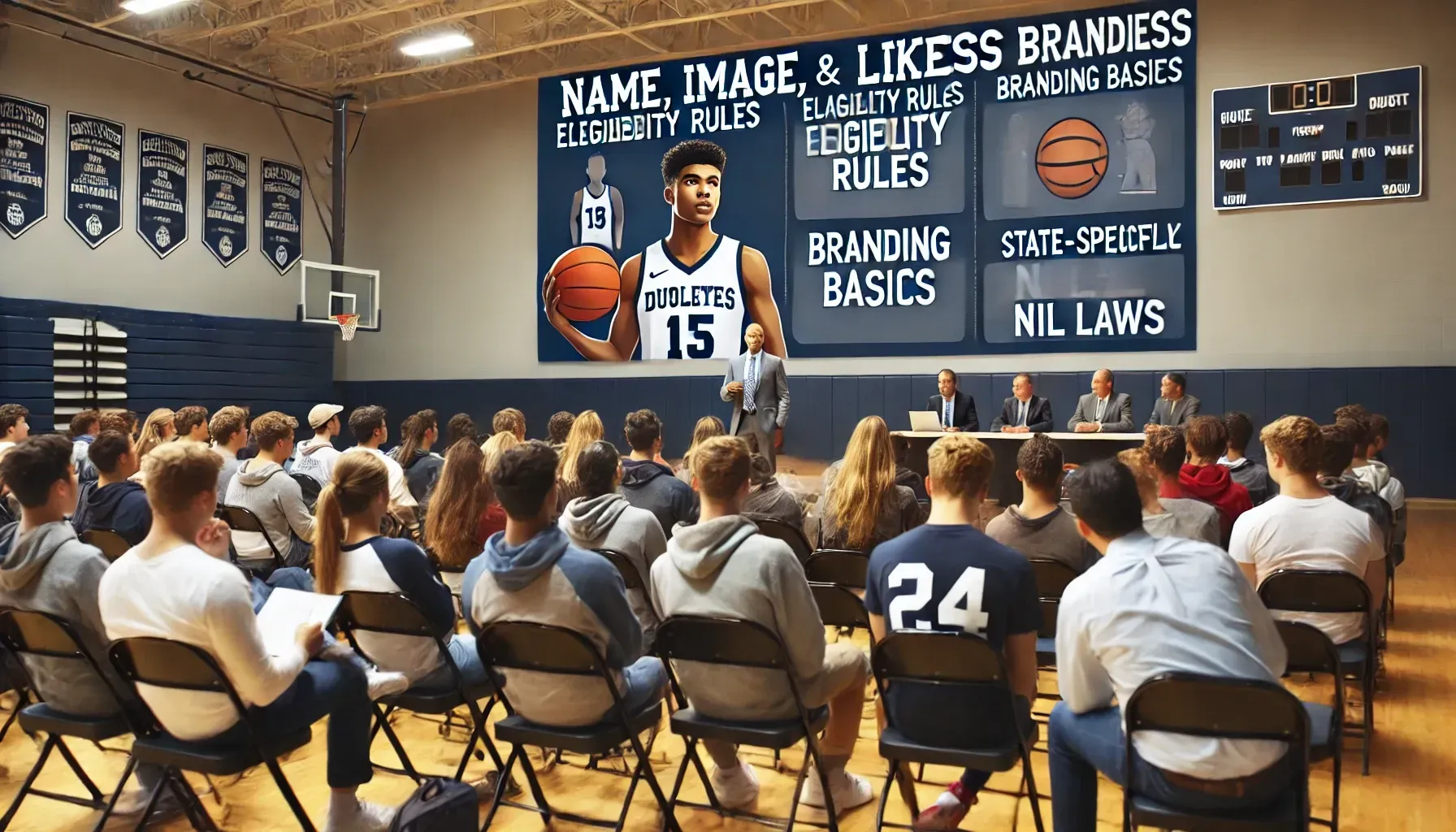
How Universities Can Stay Updated with Changing NIL Laws and Policies
The NIL landscape continues to evolve, with potential federal legislation and new state NIL laws on the horizon. Universities must stay informed of these changes to ensure compliance and protect their athletes. Having a proactive approach to NIL education and policy updates ensures schools are always prepared for shifts in NIL requirements.
Partnering with professional services providers who specialize in NIL consulting can help universities stay current with NIL legislation, from NCAA NIL rules to state-specific NIL laws. This support allows institutions to focus on their mission while ensuring full NIL compliance.
Why Working with a Professional NIL Consultant Benefits Universities
Navigating NIL on an institutional level is complex, and partnering with a professional services provider specializing in NIL consulting offers significant advantages. Consultants can help universities interpret and implement NIL laws, customize policies for compliance, and train staff and coaches on NIL education. By working with experts, universities can avoid costly missteps and maintain a strong compliance foundation.
Key benefits of NIL consulting include:
- Policy Development: Crafting tailored NIL policies that address unique school and conference requirements.
- Educational Support: Providing training for coaches and athletes on NIL rules and best practices.
- Ongoing Compliance Assistance: Ensuring the university remains compliant as NIL laws and policies evolve.
A partnership with a professional NIL consultant strengthens the university’s NIL framework and provides peace of mind for coaches, athletes, and administrators.
Building a Supportive NIL Framework for Student Athletes
In the NIL era, universities have a unique opportunity to create a supportive environment for student athletes. By offering resources for NIL activities, building comprehensive NIL policies, and providing access to professional services providers, institutions can empower their athletes to make informed decisions and thrive in this new landscape.
A strong NIL framework positions the university as an athlete-centered institution, attracting prospective student athletes who seek a supportive environment. By preparing students to navigate NIL successfully, universities uphold their values and enhance their reputation in college athletics.
Navigating NIL Laws and Ensuring Compliance to Avoid Violating NCAA Rules
In the Name Image Likeness (NIL) era, universities and coaches must stay informed of legal requirements to prevent violating NCAA rules related to NIL activities. With the NCAA interim policy currently in place, schools are responsible for ensuring that current student athletes remain compliant while pursuing NIL deals. This responsibility includes providing guidance on properly reporting NIL activities consistent with both NCAA rules and any applicable state NIL laws.
Understanding the shifting NIL landscape, influenced by recent Supreme Court rulings and state-level regulations, is crucial. Coaches and administrators must educate athletes on maintaining amateur status while pursuing NIL opportunities, as these rules are essential for allowing student athletes to legally monetize their name, image, and likeness. This framework helps schools avoid potential penalties while providing their athletes with the guidance they need to manage their NIL opportunities responsibly.
Ensuring Compliance with NIL Rules: Reporting and Managing NIL Activities Consistently Across Schools
With the advent of NIL laws and the increasing complexity of likeness opportunities for NCAA athletes, universities are tasked with creating robust frameworks for reporting NIL activities consistent with NCAA and state requirements. Each member school must ensure that student athletes understand how to disclose NIL deals and manage compliance with both NIL interim policy and specific school rules.
For a particular school, this means establishing clear processes for own athletes to report NIL income sources, including NIL money earned from endorsements, social media posts, and appearances. Universities can prevent compliance issues by building awareness and enforcing likeness rules that align with both NCAA policies and broader national level NIL standards, empowering coaches to guide athletes in navigating these opportunities responsibly.

Navigating NIL Laws and Compliance: Key Responsibilities for Universities and Coaches
With the evolving NIL laws, universities and member schools must ensure that all student athletes report NIL activities consistent with NCAA policies and state regulations. Since the Supreme Court ruling reshaped the landscape, colleges have new responsibilities in educating athletes about NIL as a legal concept and assisting them in structuring compliant NIL deals. This guidance ensures athletes avoid activities that may be seen as pay for play, which remains restricted by the NCAA.
To meet these compliance needs, universities need clear policies that help school’s athletes understand what NIL refers to and how to leverage these opportunities while adhering to fair pay standards. By providing NIL education and offering guidance on how to responsibly disclose income, colleges create a framework that supports their athletes' financial growth and compliance with such laws. This approach not only protects the institution but also helps athletes develop a professional foundation similar to professional athletes who actively manage their brand and financial affairs.
Navigating an NIL Deal: Essential Support for the Student Athlete
The advent of NIL law has opened doors for the student athlete to secure an NIL deal that brings financial benefits previously restricted under NCAA guidelines. However, each NIL deal presents unique challenges that require careful consideration to ensure compliance with both university policies and state regulations.
Universities can play a vital role in guiding student athletes through these complex agreements, helping them understand the terms and implications of each deal. By providing this support, schools empower athletes to make informed decisions that align with their academic and athletic goals, ensuring they maximize NIL opportunities responsibly and effectively.
Ready to Prepare Your University for the NIL Era?
At Masterly Consulting Group, we specialize in helping universities, coaches, and athletic programs navigate the complexities of Name, Image, and Likeness. Our team provides expert consulting to help you establish effective policies, train staff, and support student athletes in maximizing NIL opportunities. With our guidance, you can create a compliant and supportive NIL framework that benefits both your athletes and your institution.
Contact us at (888) 209-4055 to book a free consultation and learn more about how we can assist your university in building a successful NIL program that protects your interests and empowers your athletes.
